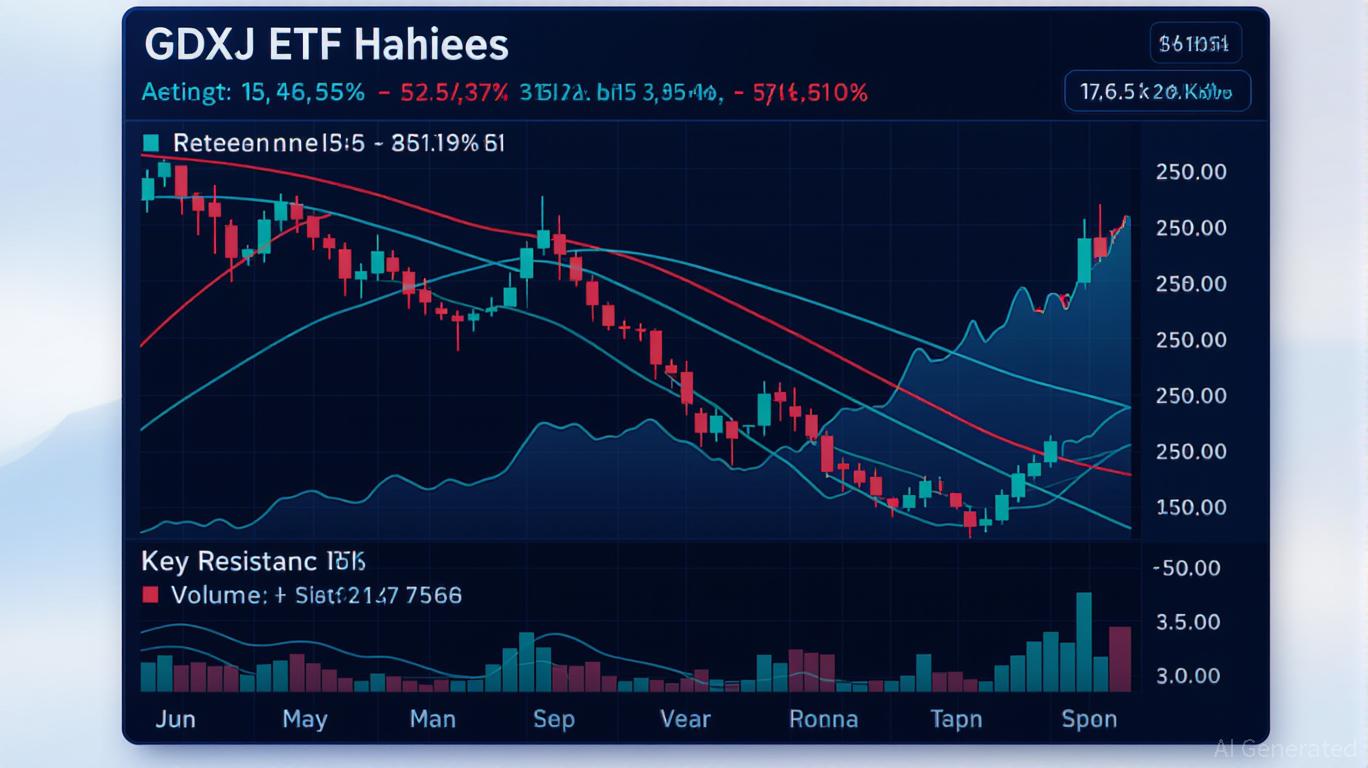Zero Knowledge Proof (ZKP) is shaping up to be a closely watched project in the blockchain and AI space. With its whitelist drawing growing attention, early participants are beginning to see it as a gateway into a project that places strong emphasis on privacy, scalability, and verifiable computation.
At the center of this momentum is the Zero Knowledge Proof (ZKP) ecosystem, which introduces a blockchain framework designed to address long-standing challenges in data security and distributed compute. For those following the project, the whitelist is more than just a sign-up phase—it is an indication of how the project intends to position itself among the new entrants to the market.
Early Signals From the Whitelist Phase
The whitelist has quickly become one of the most discussed elements surrounding the Zero Knowledge Proof (ZKP) initiative. For many early participants, the whitelist represents the first opportunity to align with a project that highlights privacy and trust.
By limiting access through a structured whitelist, Zero Knowledge Proof (ZKP) sets an expectation of fairness and order. This is especially important in a market where early access can often be unpredictable. For those tracking new blockchain projects, the process signals a project that values transparency in how participants are brought in.

This has made the whitelist itself a focal point. It is being seen not just as a registration process, but as a statement of intent about how the project plans to engage with its community of early supporters.
Building Anticipation Through Privacy and Verification
One of the biggest reasons the whitelist is attracting attention is the underlying technology that powers the Zero Knowledge Proof (ZKP) ecosystem. Its approach to distributed compute ensures that AI tasks can be validated without revealing sensitive data, a concept that stands out as both practical and forward-looking.
For early participants, this ties directly to trust. The knowledge that computations and workloads can be processed securely across networks while maintaining privacy builds confidence. This aspect helps distinguish the Zero Knowledge Proof (ZKP) project from others in the same space.
The emphasis on verifiability also matters. Through zero-knowledge proofs, results can be confirmed without exposing the processes behind them. This kind of transparency adds another layer of appeal for those weighing options in upcoming blockchain initiatives.
The Broader Meaning of Participation
The whitelist is not only about gaining early access. It is also shaping how potential investors interpret the larger principles of the project. For Zero Knowledge Proof (ZKP), participation is tied to fairness, merit, and structured entry, echoing the same balance it applies to distributed storage and computation.
By treating the whitelist as a critical first step, the project shows that participation is designed with purpose rather than chance. This deliberate approach sets it apart from less structured new blockchain initiatives, where entry can feel chaotic.
In addition, the whitelist acts as a bridge between exclusivity and accessibility. While it creates anticipation, it also ensures that access is verifiable and orderly. This reflects the broader strategy of the ecosystem: to build momentum while staying anchored in process integrity.
For many early participants, this makes the whitelist more than just a sign-up stage. It becomes a preview of how the project will continue to balance openness with control as it grows.
Closing Analysis
The Zero Knowledge Proof (ZKP) whitelist is already playing a larger role than just being an entry point into a project. It has become a marker of how the project plans to operate: with structure, fairness, and a focus on trust.
For those watching closely, the whitelist highlights why this is being talked about as one of the most promising upcoming blockchain projects. It signals credibility, aligns with the project’s emphasis on privacy and verifiability, and creates momentum that positions Zero Knowledge Proof (ZKP) as a project worth following.



